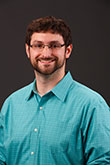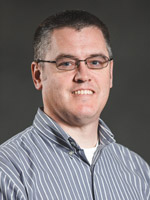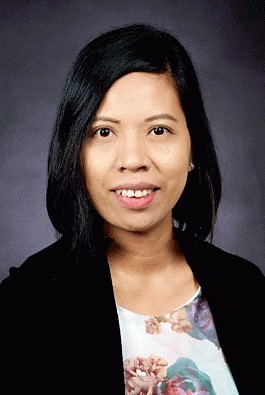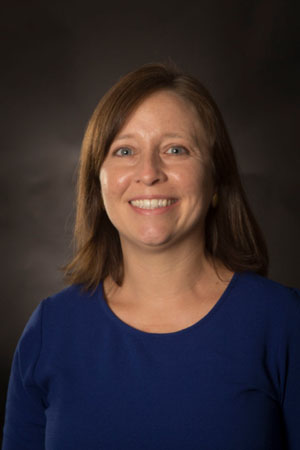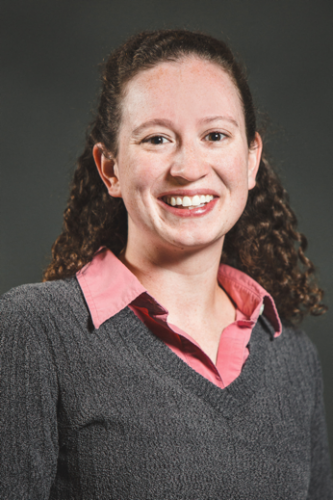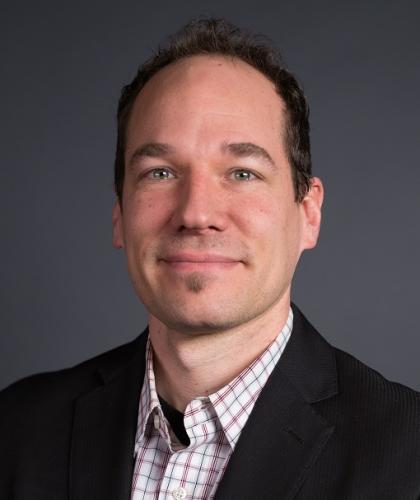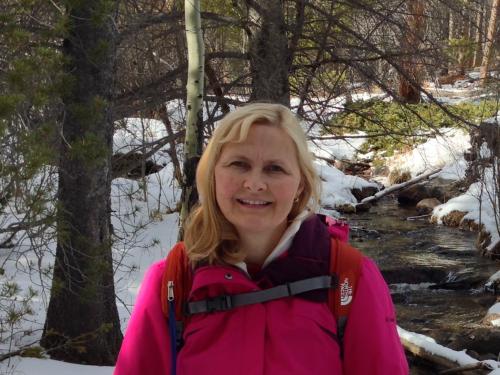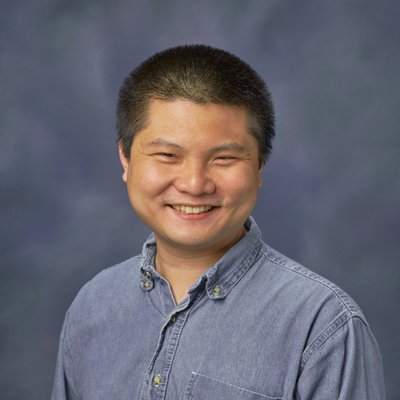John DiMeglio- University of Michigan John DiMeglio received his B.S. from Muhlenberg college and earned his Ph.D. from the University of Delaware under the guidance of Prof. Joel Rosenthal. His graduate studies focused on designing bismuth-based platforms for electrochemical CO2 reduction. John has went on to do postdoctoral research at the University of Michigan with Prof. Bart Bartlett investigating binary and ternary chalcogenide nanomaterials for photochemical energy storage. In addition to mentoring students in a research environment John has also served as a general chemistry lecturer through a teaching postdoc position. | |
| James Dunne – Central College James Dunne received his B.S. in 2005 from Grove City College. He earned his Ph.D. from Iowa State University in 2011 working for Prof. Aaron Sadow, focusing primarily on catalytic C–N and Si–N bond formation using Mg catalysts. This was followed with postdoctoral work with Dr. Andreja Bakac at the Ames Laboratory in catalytic oxidations using rhodium hydroperoxo complexes. In 2012, James accepted a position as a visiting professor at Central College in Pella, IA. He then joined the chemistry department at Central College as an assistant professor in 2017. |
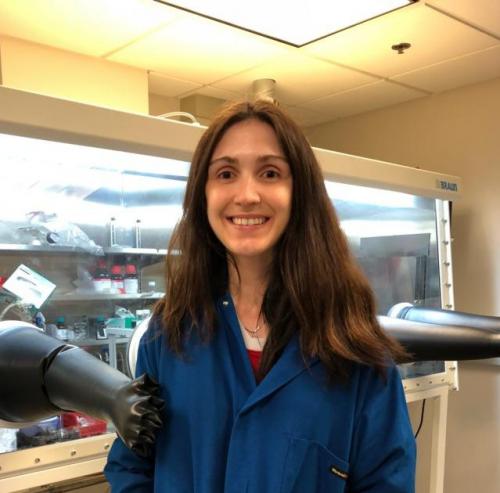 | Amanda Grass - Wayne State University Amanda Grass received her BS from University of Illinois, Champaign-Urbana. She currently is a fourth graduate student at Wayne State University under P.I. Stanislav Groysman. Her research focuses on carbene and nitrene group transfer chemistry of bis(alkoxide) complexes of the mid-late first row transition metals. Her interests involve both organometallic and coordination chemistry. |
| Vince Hradil – Concordia University Chicago I teach a variety of chemistry courses including: Fundamentals of Chemistry, General Chemistry, Inorganic Chemistry, Analytical Chemistry, Physical Chemistry, Instrumental Analysis and Seminar in Physical Science. I am also the Health Informatics and Information Management faculty coordinator. My research and areas of expertise include: Physical Chemistry; Chemical Kinetics and Dynamics; Quantitative and Statistical Analysis of Scientific Data; and the Simulation and Visualization of Complex Data Sets. |
 | Pavithra H. A. Kankanamalage - Wayne State University Pavithra is a final year doctoral candidate at Wayne State University. Her doctoral research is focused on the design and multistep synthesis of redox-active ligand architectures, as well as the synthesis and systematic investigation of the redox, electronic, and catalytic properties of transition metal complexes focused towards electro- and photocatalytic water splitting. She has been a graduate teaching assistant at Wayne State University in the Department of Chemistry for the last five years and has taught several classes, including organic chemistry and general chemistry. Before she started her Ph.D. at WSU, she has worked as a research scientist at the Sri Lanka Institute of Nanotechnology. Her focus was to develop nano-foliar spray of micronutrients for plants. Also, she earned her bachelor’s degree at the University of Kelaniya, Sri Lanka with a first class honors. |
| Jocelyn Lanorio – Illinois College Jocelyn Lanorio is an organometallic chemist interested in the development and application of transition metal (Ru, Ni, W) complexes in catalysis. The goal of her research is to address the synthesis and reactivity questions using a combination of spectroscopic techniques such as multinuclear NMR, UV-Vis, and FT-IR spectroscopy. She teaches Advanced Inorganic Chemistry, General Chemistry, CHEM Senior Seminar II, and laboratory sections of Organic Chemistry at Illinois College. |
| Cassie Lilly – Meredith College Currently, Cassie is the lab manager in the chemistry department of Meredith College where she teaches general chemistry lecture and labs and inorganic chemistry, supervises student workers, maintains instrumentation, manages laboratories, and acts as department chemical hygiene officer. She received her Ph.D. in Chemistry in 2014 from NC State University and B.S. in Chemistry from Allegheny College in 2009. She did her graduate work under Elon Ison focusing on organometallic chemistry. She is very active in the NC local ACS section where she chairs the Women Chemist Committee and loves to volunteer in outreach activities. Her extracurricular activities include keeping up with her 3 and 5 year old boys, doing anything outside, spending time with family and friends, and working out. |
| Sarah Shaner – Southeast Missouri State Sarah Shaner is an assistant professor at Southeast Missouri State University where she teaches foundational inorganic chemistry, foundational and advanced inorganic labs, and chemical instrumentation. She earned her undergraduate degree from Marietta College in Ohio and her Ph.D. from the University of Chicago. Her graduate studies investigated the electronic and structural properties of conjugated organometallic compounds. Sarah went on to do post-doctoral research at the University of Wisconsin focused on the discovery and characterization of heterogeneous water oxidation catalysts for solar energy applications. Sarah’s current research interests include utilizing electrochemistry to characterize metal complexes, as well as to prepare modified electrode surfaces. Her favorite metal is tungsten. |
| Sunshine Silver – North Park University Sunshine Silver is an Assistant Professor of Chemistry at North Park University in Chicago where she teaches a variety of undergraduate chemistry courses and is the adviser of the Chemistry Club. She is a bioinorganic chemist by training and received her Ph.D. in Biochemistry from Montana State University in the lab of Joan Broderick investigating Radical SAM enzymes. Sunshine spent about two and a half years as a Postdoctoral Appointee at Argonne National lab working with Lisa Utschig in the Solar Energy Conversion Group in the CSE division. Sunshine taught at Concordia University Chicago for two years and then joined the faculty at NPU in the fall of 2015. Sunshine’s current research interests include the characterization of the peroxidases found in dandelions and the design of new transition metal catalysts for light driven hydrogen production. |
| Douglas Vander Griend – Calvin College Professor of Inorganic Chemistry and Chair of the Department at Calvin College. My favorite element is copper because of its presence in high temperature superconductors, but I also tend to fixate on the geometry of rocksalt. Nowadays I do a lot of chemometric analyses of spectrophotometric titration data to figure out what is going on in complicated chemical solutions, and I love hearing stories of what happens to an object when it is irradiated in a microwave. |
| Andrea Wallace – College of Costal Georgia Dr. Andrea Wallace holds a BS in Chemistry from the University of Tennessee at Chattanooga and a Masters and PhD in Chemistry from Clemson University. Her dissertation involved synthesis and characterization of transition metal complexes. Dr. Wallace did postdoctoral work at Colorado State University and was employed as a chemistry instructor at the University of Alabama and Shelton State Community College early in her career. She has spent the last 23 years at the College of Coastal Georgia in Brunswick, GA. She has served in a variety of roles including chemistry professor; Department Head for Natural Sciences and Mathematics; Division Chair for Mathematics, Science and Physical Education; Department Chair for Natural Sciences; and Assistant Vice President for Academic Planning, Assessment, & Faculty Engagement. Dr. Wallace is currently a tenured Full Professor and will step into the role of Interim Dean of Arts & Science in June 2018. |
| Meng Zhou – Lawrence Technological University Meng Zhou got his BS from Purdue University. He studied organometallic C-H functionalization for the direct conversion of alkanes to organic chemicals and fuel, at Yale (Ph.D.) and Rutgers (PD). He then studied the formation of Co3O4 nanoparticles at Colorado State University. He teaches general chemistry, inorganic chemistry, and nanomaterials. His current research focuses on catalysis and drug delivery. |
